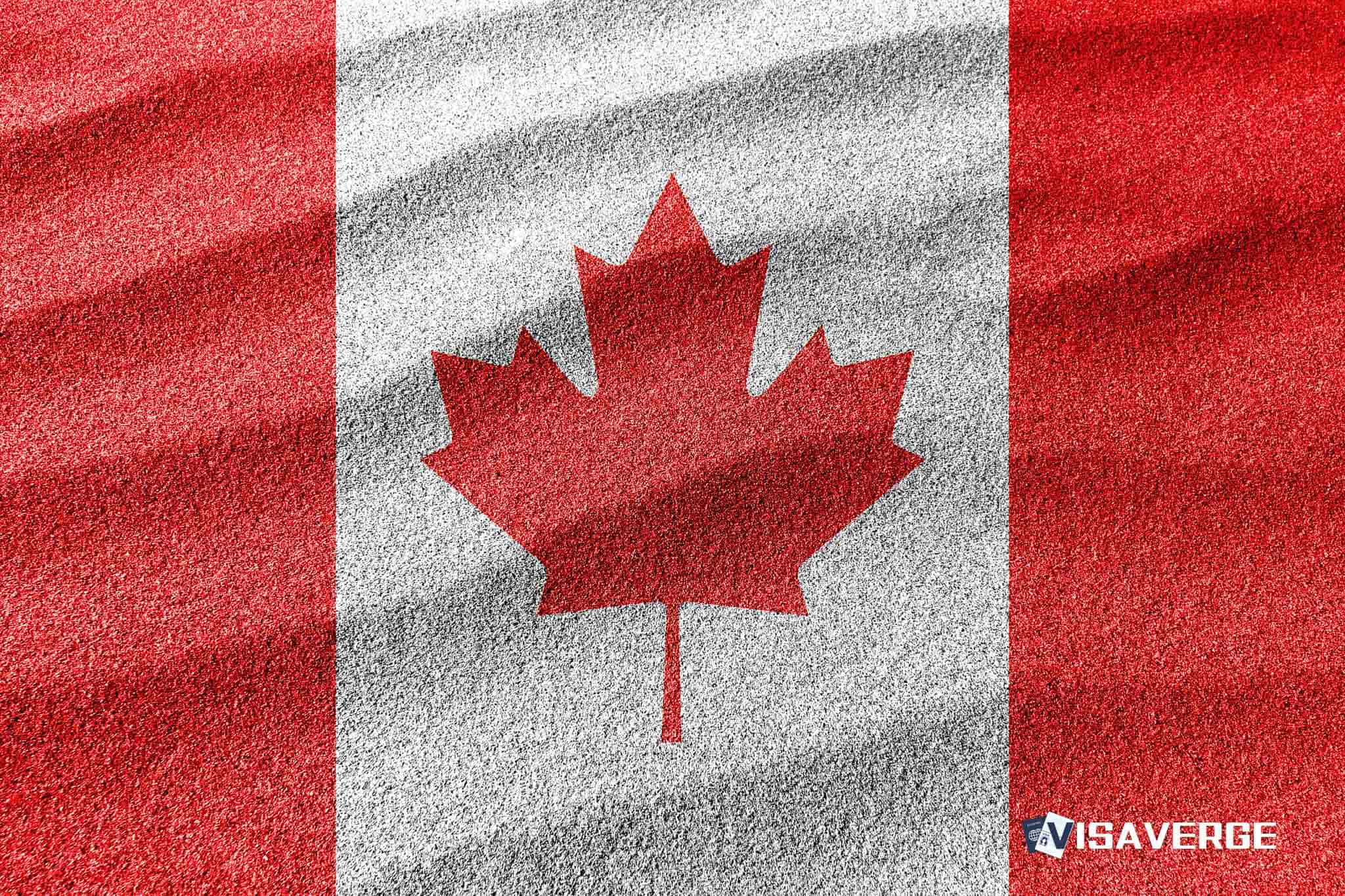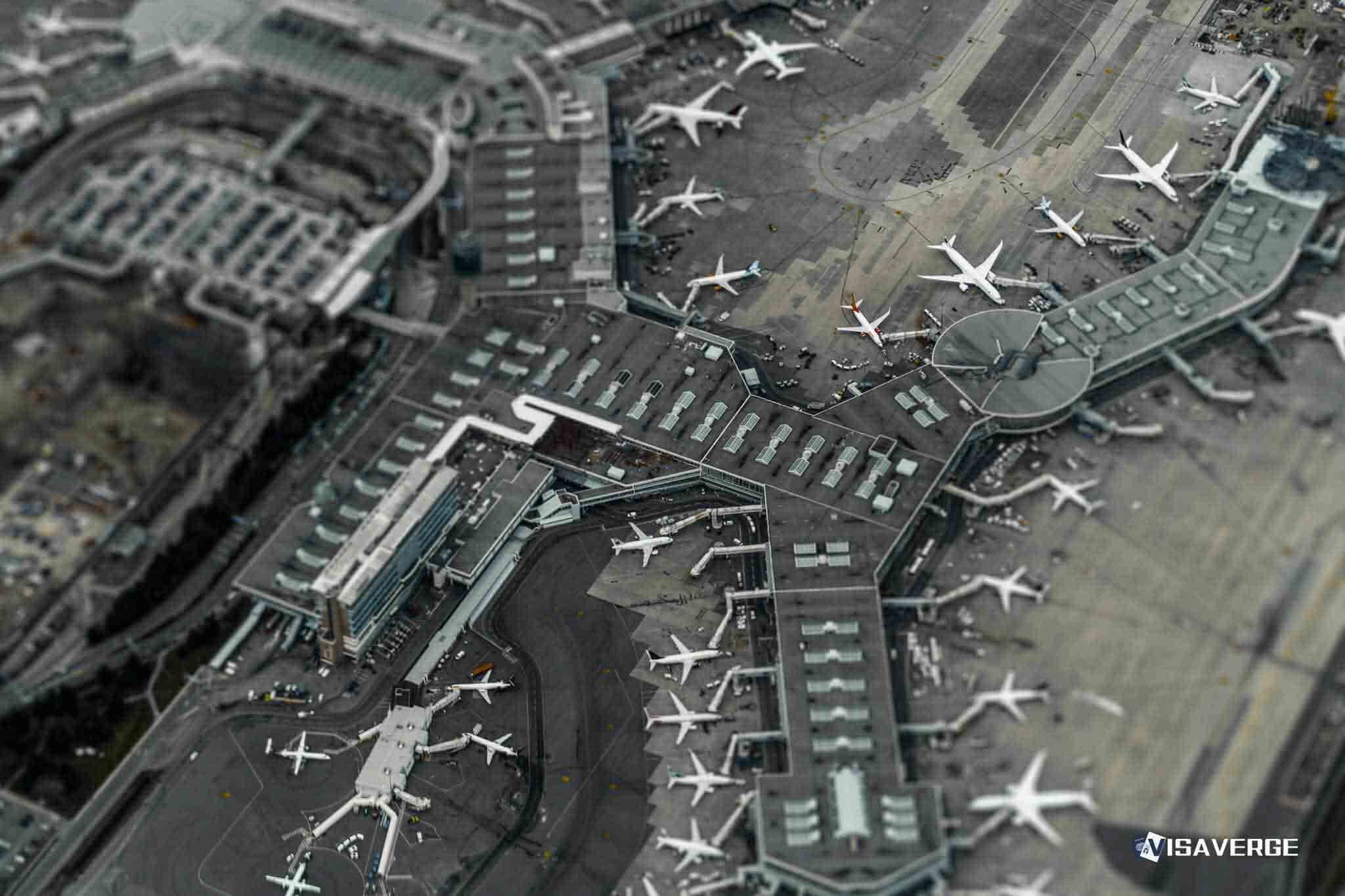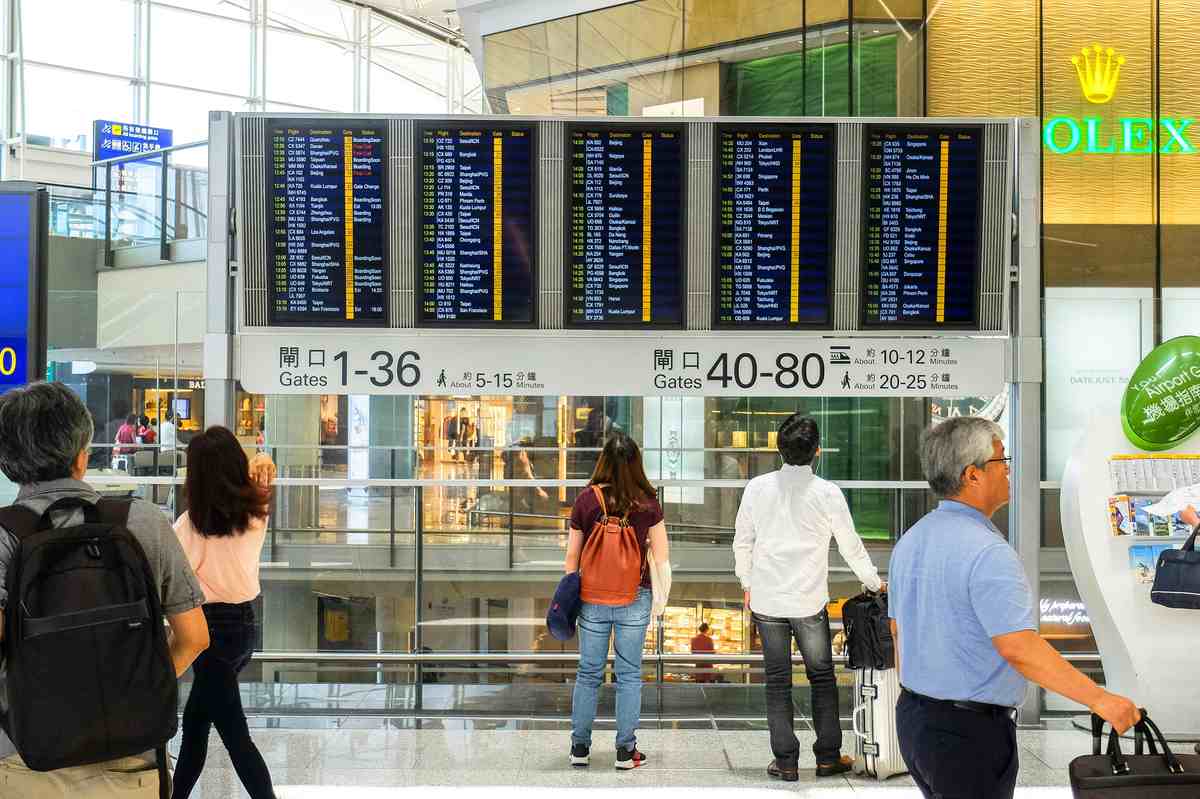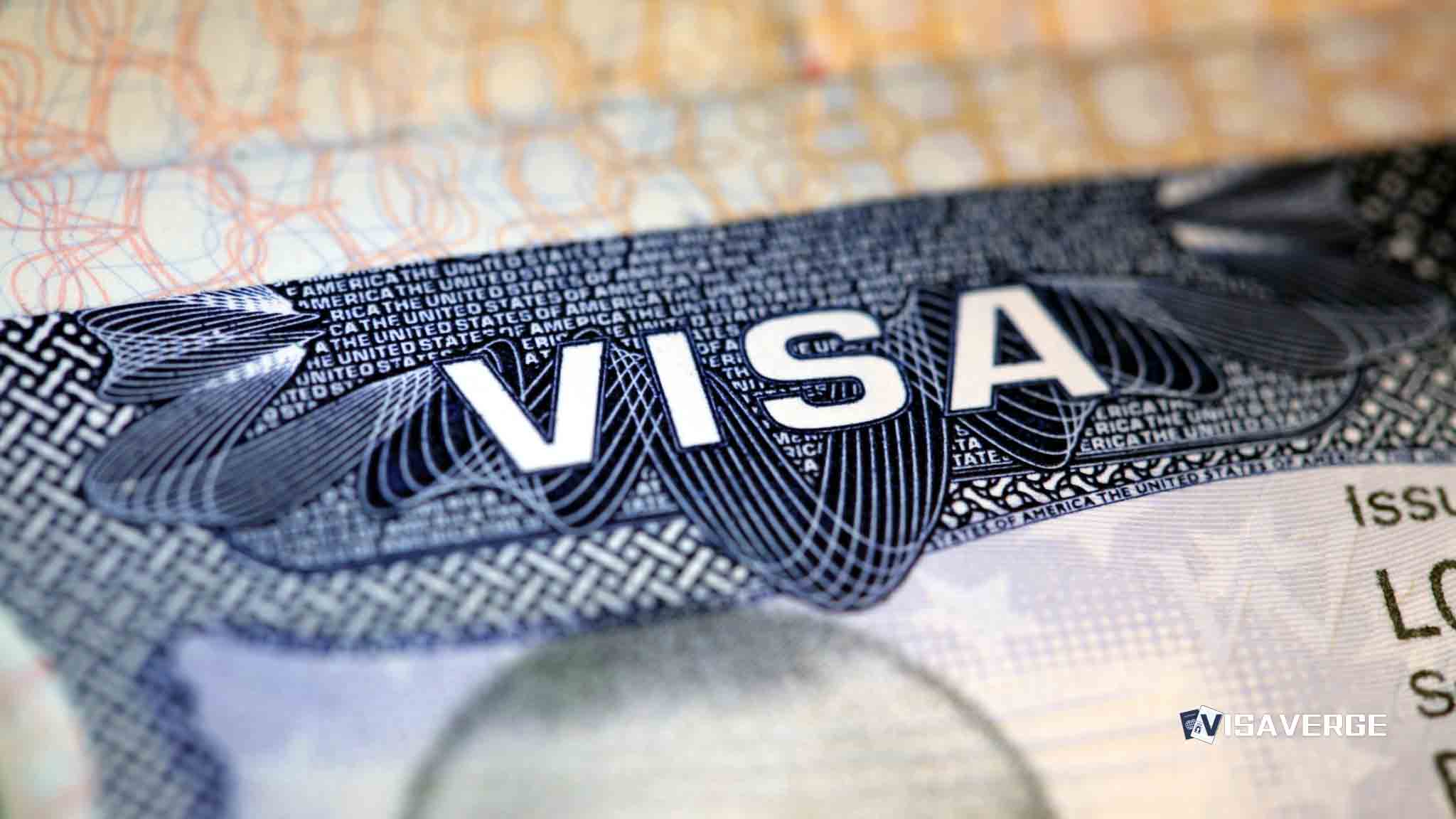Key Takeaways
• Starting January 1, 2025, asylum seekers in Canada must meet stricter evidentiary requirements to prove a “well-founded fear of persecution.”
• Claimants must provide detailed evidence, such as police reports or witness testimonies, showing risks based on specific persecution grounds.
• Pending cases must submit additional evidence by April 1, 2025, after which stricter rules and increased deportations will take effect.
Canada has recently introduced significant changes to its asylum system, marking a pivotal moment for individuals seeking protection within its borders. Starting January 1, 2025, asylum seekers in Canada must meet stricter evidence requirements to prove a “well-founded fear of persecution” in order to avoid deportation. This policy update, implemented by the Immigration and Refugee Board of Canada (IRB), aims to streamline the system by focusing on genuine asylum cases and addressing concerns about growing processing backlogs.
Stricter Evidentiary Standards for Asylum Seekers

Under the revised rules, asylum claimants must provide stronger evidence to demonstrate that they face genuine risks of persecution in their home countries. This can include documents such as police reports, medical records, witness testimonies, and other forms of corroborating evidence. Asylum seekers must prove that their fear stems from specific grounds, including race, religion, nationality, political opinion, or membership in a certain social group. Additionally, they must show that they cannot rely on protection from authorities in their home country or relocate safely within their own country to escape danger.
The IRB’s decision-makers are now tasked with applying heightened scrutiny to the evidence presented, evaluating both the plausibility and consistency of testimonies. Updated guidance encourages them to utilize country conditions reports and other objective sources to assess the validity of each claim. While decision-makers are instructed to be particularly considerate of vulnerable individuals, such as survivors of torture or unaccompanied minors, the burden of proof ultimately rests on the claimant.
The Growing Backlog and System Pressure
The Canadian government has stated that the policy change is necessary to address certain challenges within the asylum system. Specifically, Canada received over 75,000 asylum claims in 2024, even though the system’s processing capacity is limited to about 50,000 claims annually. This discrepancy has resulted in significant backlogs and delays, creating additional strain on the Immigration and Refugee Board.
The government has made it clear that resources must now be directed toward individuals who genuinely meet the criteria for refugee protection. Immigration Minister Marc Miller explained, “We must preserve the integrity of our immigration system so it remains well-managed, sustainable, and trusted by Canadians.” However, the new requirements have prompted concern among refugee advocates, who argue that many asylum seekers flee under chaotic circumstances and are unable to gather detailed documentation or deliver consistent testimonies given the trauma they have endured.
Consequences of Rejected Claims
One significant outcome of the new policy is a likely increase in deportation proceedings. Rejected asylum seekers are expected to leave Canada voluntarily or face removal. To further this goal, the Canada Border Services Agency (CBSA) has announced plans to boost deportations by 25% in 2025. The CBSA’s expanded capacity underscores the government’s approach to ensuring compliance with the new rules.
While the government acknowledges that deportations are a necessary enforcement tool, critics warn that these measures could place vulnerable people at risk. Refugee support organizations note that inadequate evidence requirements may lead to rejection of legitimate claims, thereby forcing individuals back into dangerous situations.
Transitional Measures and Grace Period
To ease the transition, the new policy will apply to all pending and future claims as of January 2025. However, asylum seekers with ongoing claims have until April 1, 2025, to submit any additional evidence supporting their cases. After this grace period, the claims will proceed under the new, stricter standards. This temporary measure aims to provide claimants an opportunity to adjust to the revised requirements while ensuring continued prioritization of their rights.
Additionally, the IRB has committed to adopting trauma-informed practices in its approach, including enhanced training for decision-makers to handle cases with sensitivity. The Board has emphasized that claimants will still receive the benefit of the doubt in appropriate circumstances, particularly in situations involving high vulnerability.
Broader Immigration Policy Shifts
The update to Canada’s asylum system forms part of a wider series of immigration reforms introduced in late 2024, signaling a shift in policy focus. Among these changes is a plan to reduce overall immigration targets, with permanent resident admissions set to drop to 395,000 in 2025. The government also seeks to limit the number of temporary residents, capping their proportion at 5% of the country’s population by the end of 2026.
Furthermore, Canada has announced enhanced border security measures. These include increasing shared information with the United States and expanding pre-screening protocols for more efficient identification of genuine refugee claims. An essential component of this approach is the amendment to the Safe Third Country Agreement (STCA) with the United States. As of October 2024, the agreement now applies to the entire Canada-U.S. border rather than just official entry points. This change aims to deter irregular crossings and redirect claims through official processes.
Canada has also introduced contingency planning to manage an anticipated rise in asylum claims. These expectations stem from recent immigration-related executive orders signed by U.S. President Donald Trump, prompting Canada to prepare for a possible influx of additional claimants at key border crossings.
Refugee Advocates Voice Concerns
The stricter evidentiary requirements have sparked concern among refugee support organizations. Advocates highlight that many asylum seekers arrive without vital documents due to hurried departures or long periods in precarious situations. Additionally, factors such as language barriers or the effects of trauma may hinder their ability to effectively present their case. Critics assert that imposing such high burdens of proof confines genuine refugees to an untenable situation.
To address these concerns, the IRB maintains that increased procedural fairness will be prioritized, with expedited processing for vulnerable claimants and those from countries with traditionally high acceptance rates. The revised policy aims to resolve these cases within 30 days, allowing greater focus on complex claims while supporting individuals most in need of protection.
Allocating New Resources
Recognizing the operational demands of its revised approach, Canada has allocated additional resources to both the IRB and the CBSA. These include hiring more decision-makers, upgrading technological systems for improved case management, and expanding staff to handle increased removals. According to officials, these investments in personnel and infrastructure are essential to ensuring the system’s fairness and efficiency.
Impact on Asylum Seekers
For many individuals already in Canada seeking protection, the new requirements represent a more challenging landscape. Legal support organizations predict heightened demand for services as claimants face the increased complexity of meeting stricter evidentiary standards. Refugee advocacy groups are expected to play a crucial role in assisting asylum seekers with navigating this system, especially for those at risk of deportation.
The practical effects of these policies are still unfolding, but initial projections suggest that more claims may be denied due to stricter evidence protocols. While the government plans to resettle around 23,000 privately sponsored refugees in 2025, some advocates worry this assistance may not address the broader challenges faced by asylum seekers under the new framework.
Looking Toward the Future
The Canadian government has emphasized its commitment to striking a balance between meeting humanitarian obligations and addressing system inefficiencies. While refugee advocates continue to raise issues regarding equity in the process, authorities are closely monitoring the impact of these changes.
A review of the updated asylum policies is scheduled for late 2025, potentially leading to additional adjustments. As Canada adapts its approach, the role of the IRB in maintaining procedural integrity will remain central to ensuring justice for asylum seekers. For official guidance and updates, individuals are directed to consult the Immigration and Refugee Board of Canada’s official website.
In summary, the stricter requirements introduced by the IRB reflect Canada’s evolving approach to managing asylum claims. While these changes prioritize system sustainability, they present considerable challenges for asylum seekers. The ultimate outcomes of this policy shift will depend on its practical implementation and potential further refinements over time.
Learn Today
Asylum Seekers → Individuals who flee their home countries seeking international protection due to persecution or serious harm.
Well-Founded Fear of Persecution → Legal standard requiring evidence that an individual faces credible risks of persecution based on specific grounds.
Immigration and Refugee Board of Canada (IRB) → Independent tribunal responsible for making decisions on immigration and refugee matters in Canada.
Burden of Proof → The obligation for asylum claimants to provide sufficient evidence to support their claims of persecution.
Safe Third Country Agreement (STCA) → Policy between Canada and the U.S. mandating asylum claims to be made in the first safe country entered.
This Article in a Nutshell
Canada’s Asylum Overhaul: Striking a Balance?
Canada’s 2025 asylum reforms demand stricter evidence from claimants to prove persecution risks, seeking to prioritize genuine cases and reduce overwhelming backlogs. While the government promotes system integrity, critics warn of barriers for vulnerable refugees fleeing chaos. The challenge: balancing efficiency with fairness in safeguarding human rights amid heightened evidentiary standards.
— By VisaVerge.com
Read more:
• Iraqi Asylum Seeker Wins Right to Stay in UK Amid ID Dispute
• Asylum Seeker’s Fake Taxi Trips Expose Flaws in Dutch Care System
• Refugee Advocates Challenge Australia’s Plan to Deport Asylum Seekers to Nauru
• Ireland Tightens Asylum Rules Amid Warnings of Homelessness Risks
• UK Rejects Asylum for Over 2,000 Afghan Commandos Who Served Alongside Forces







